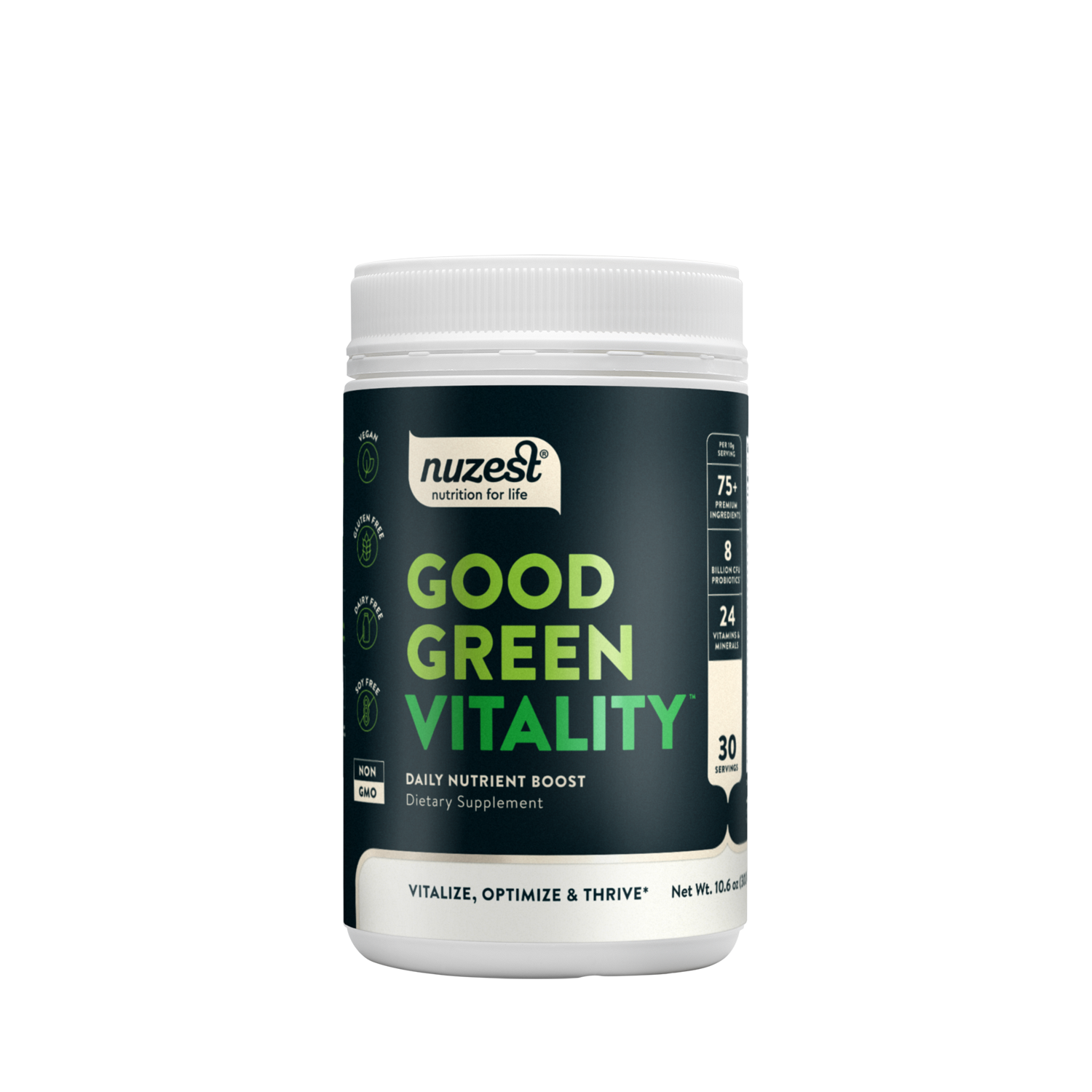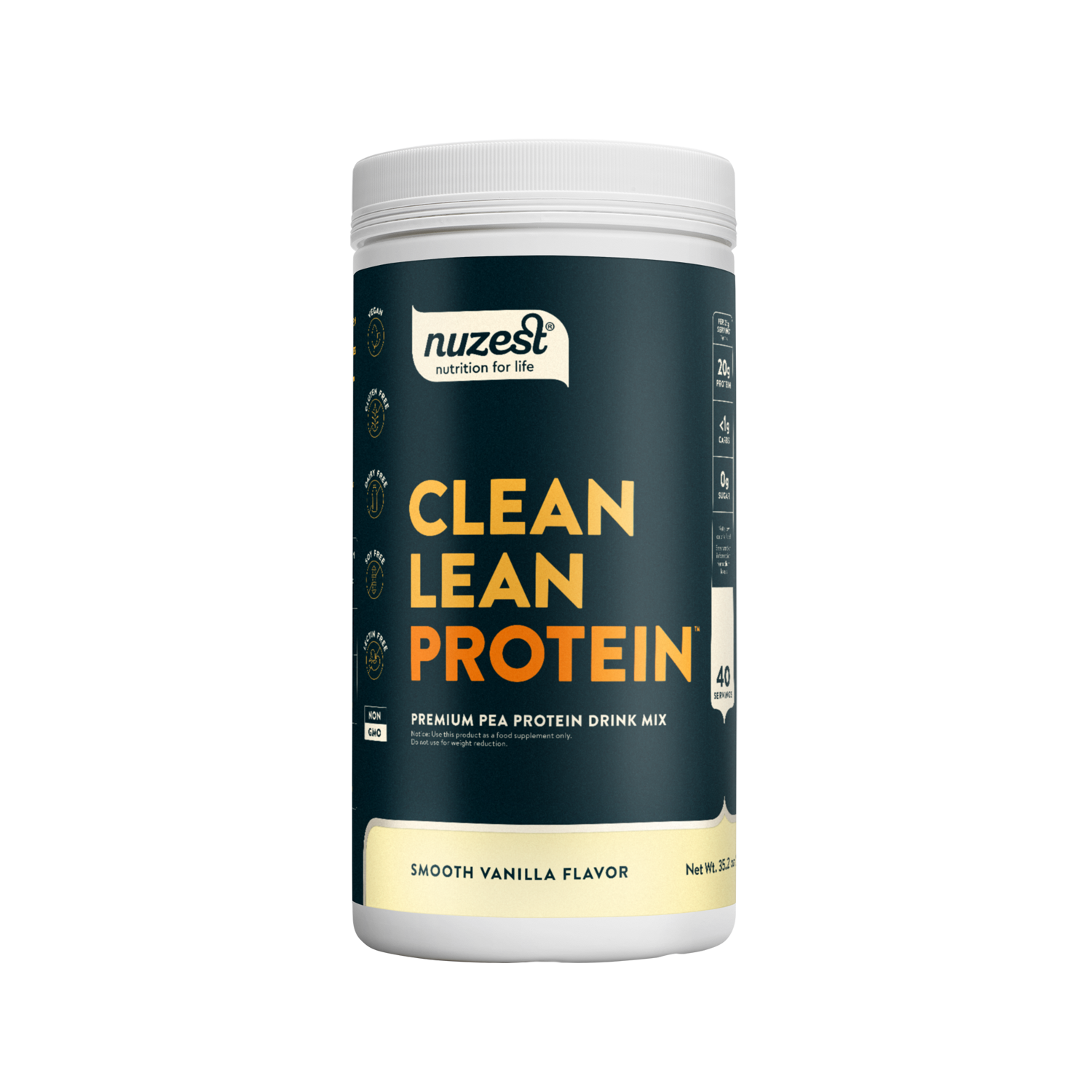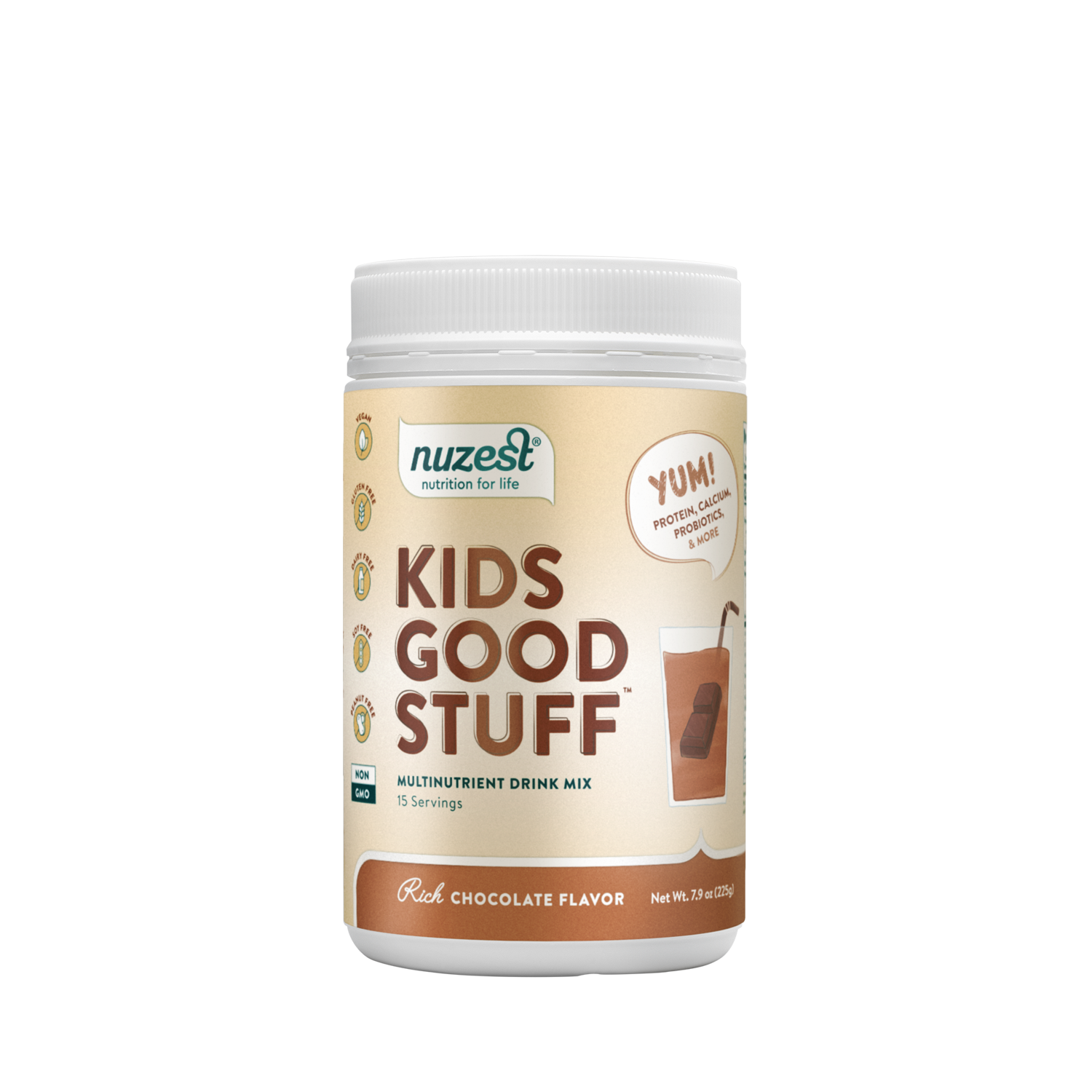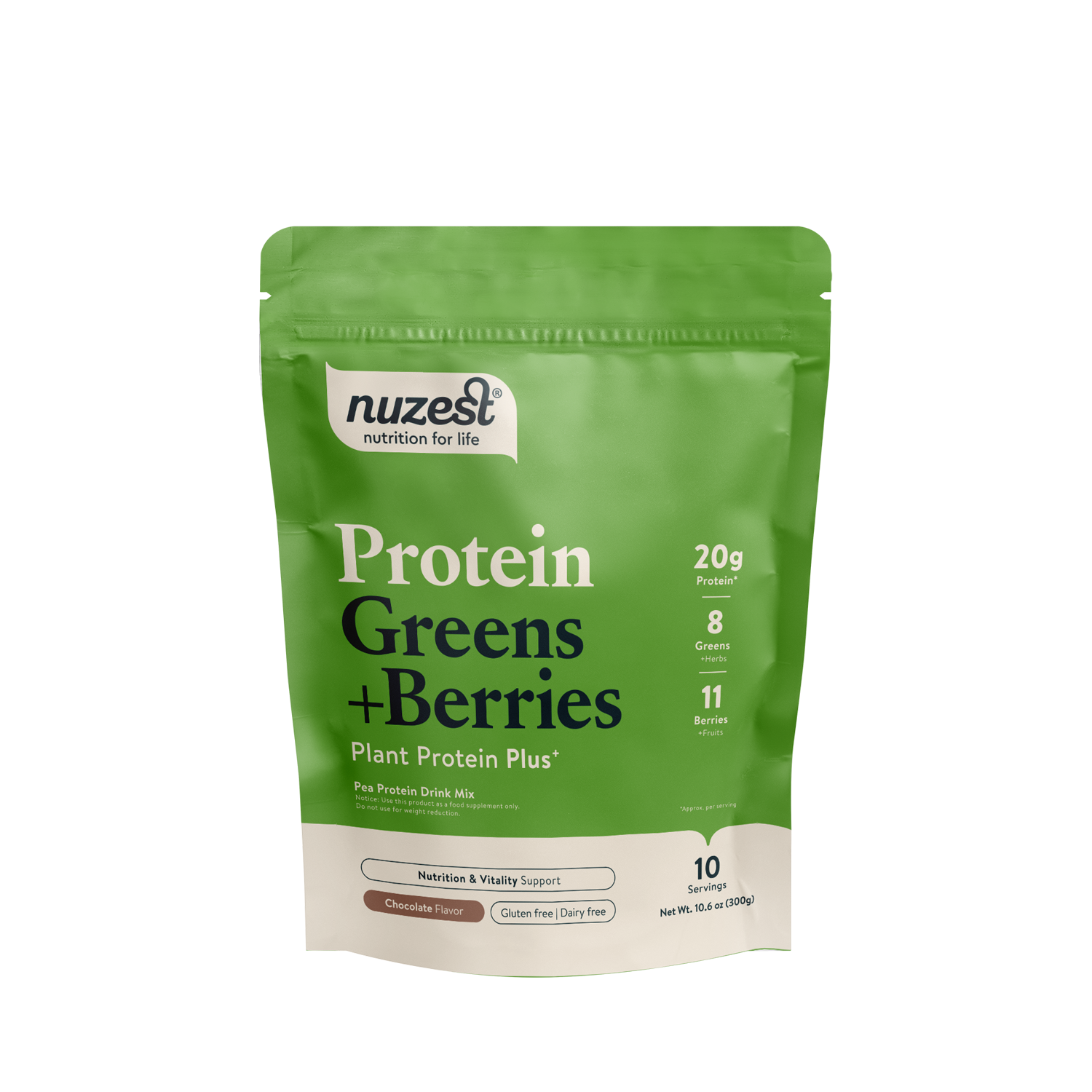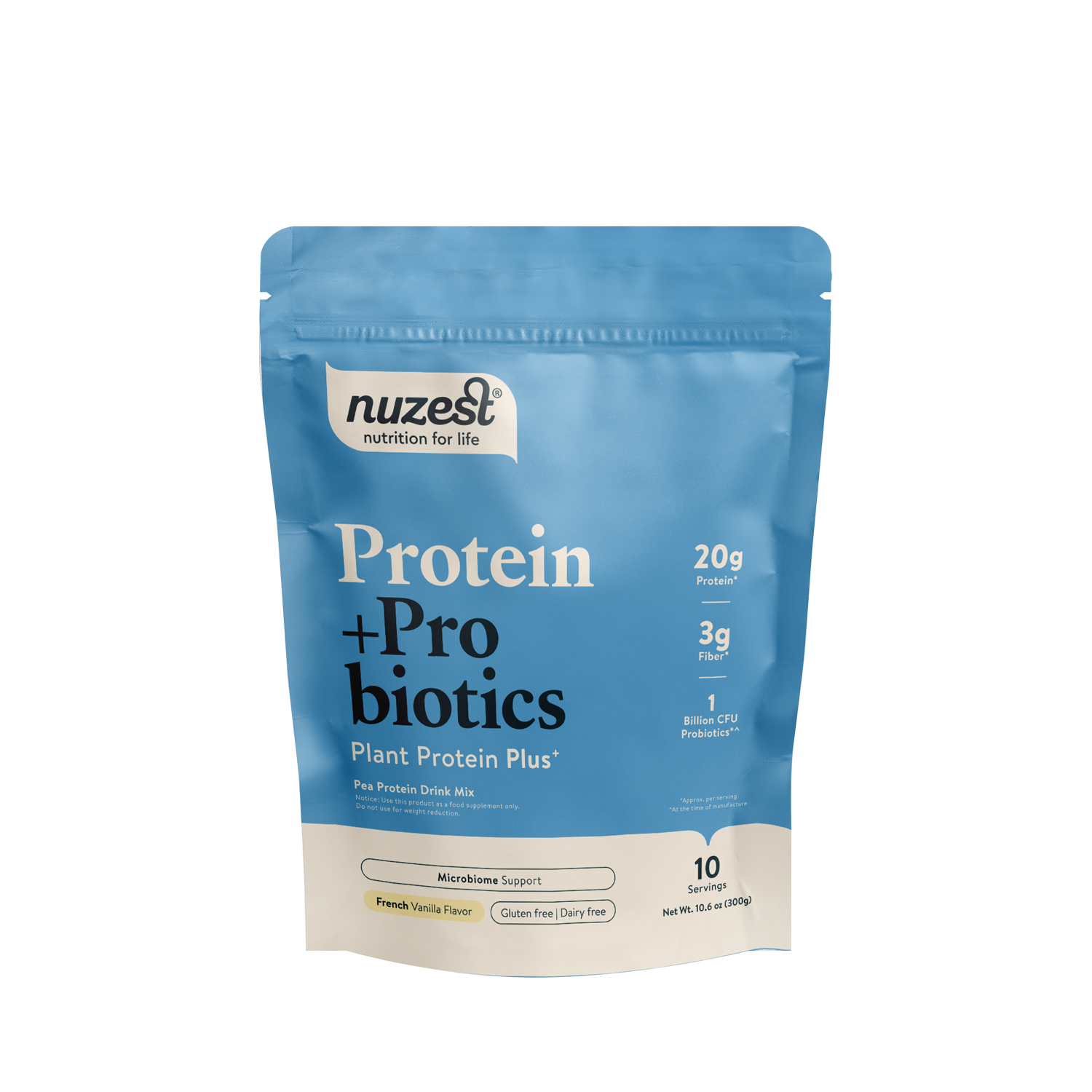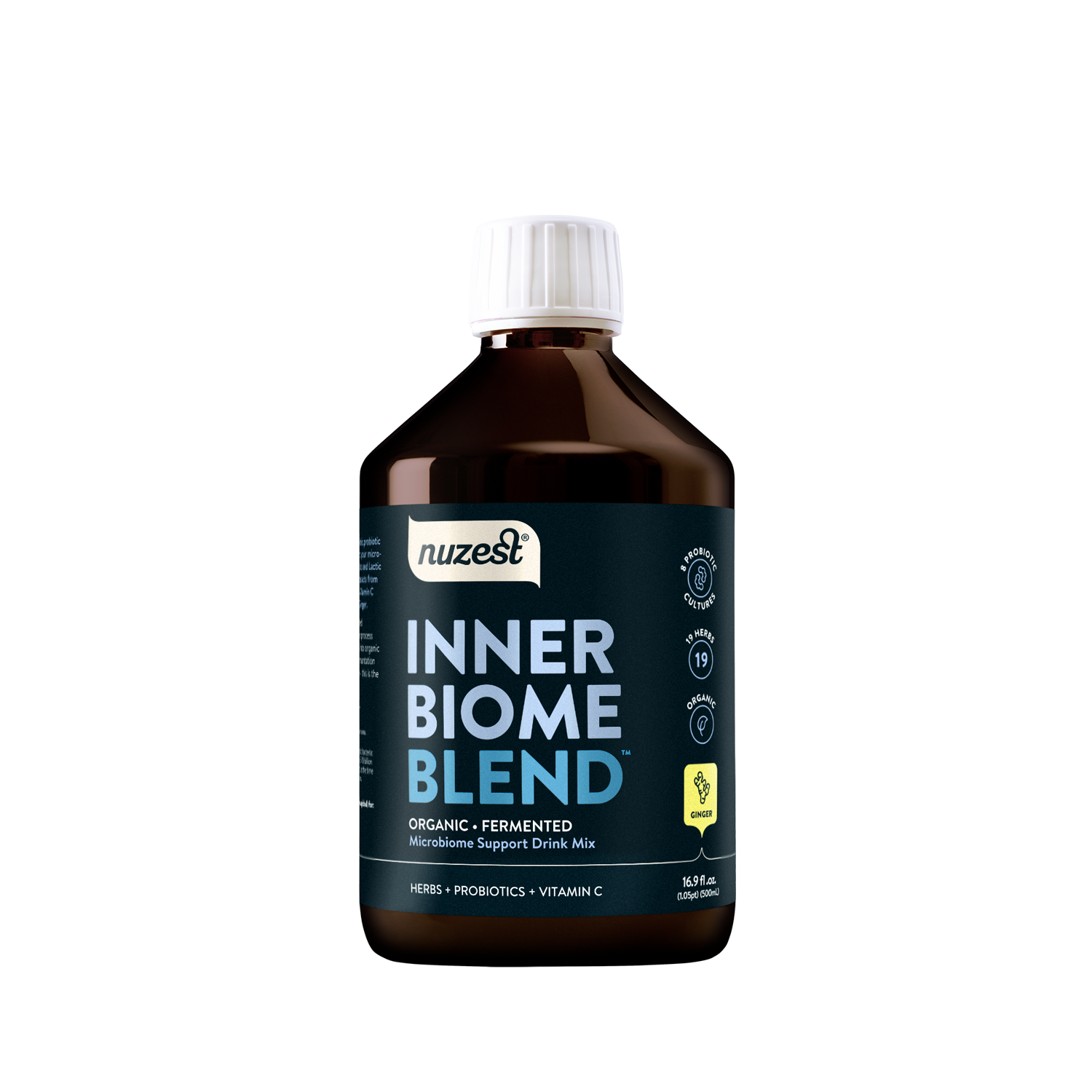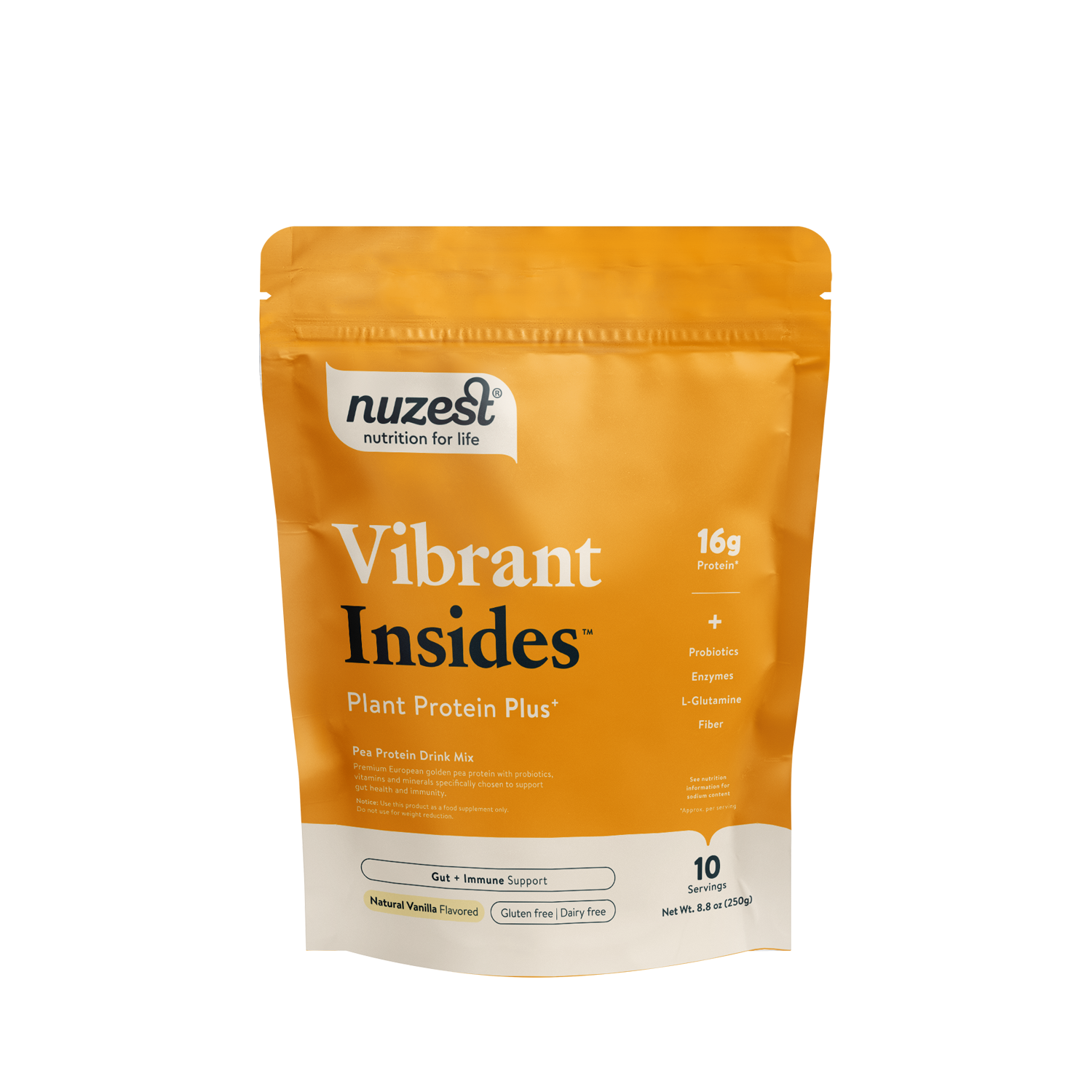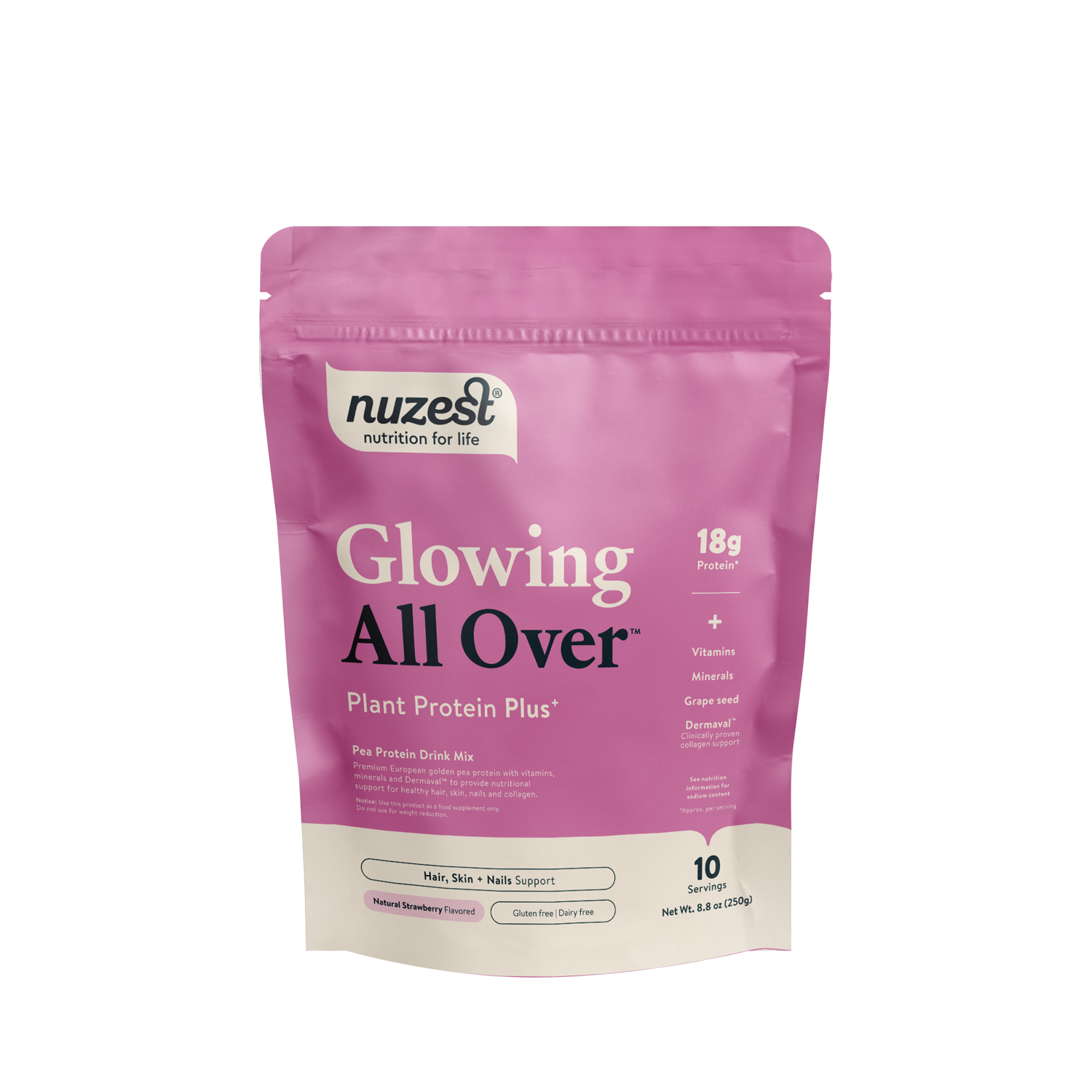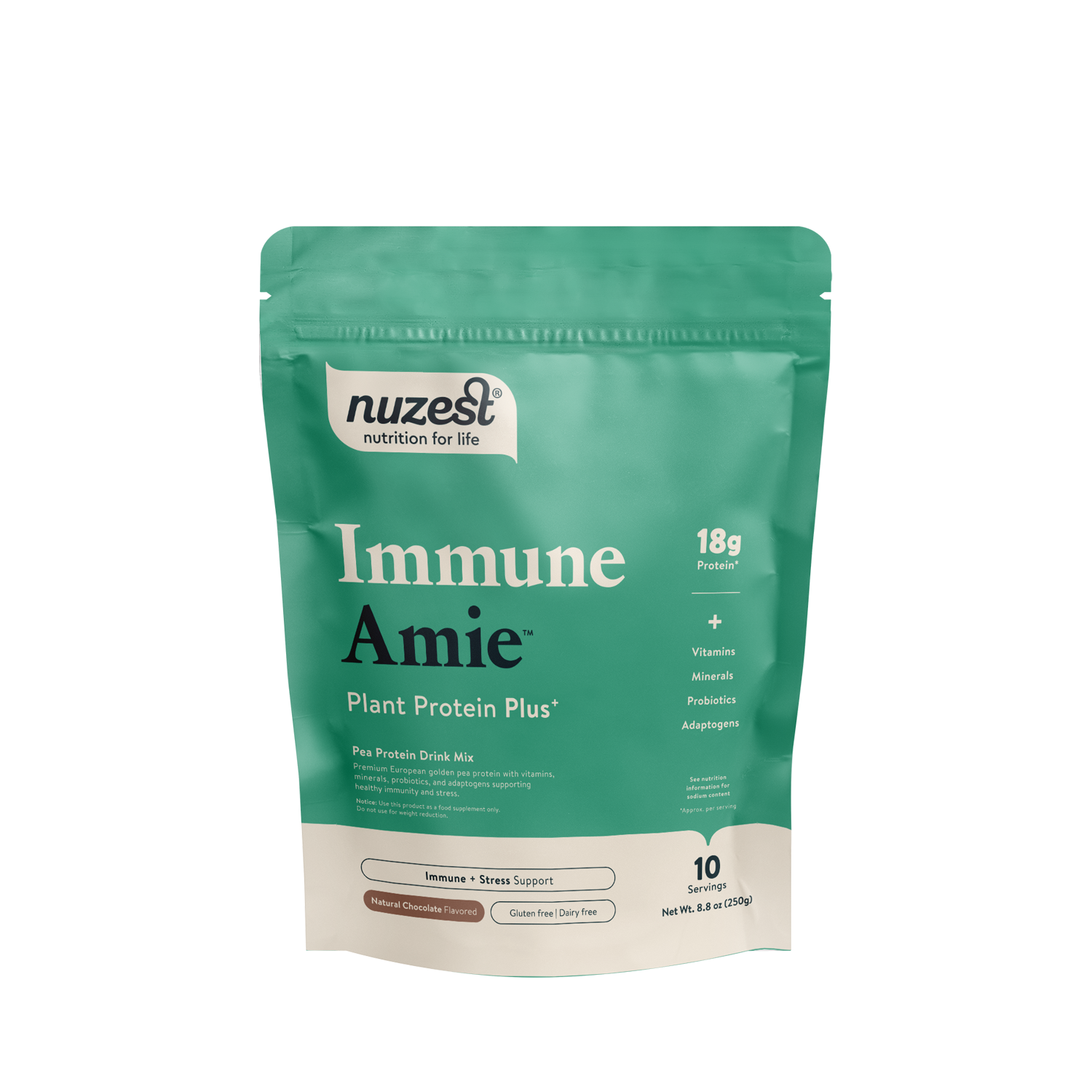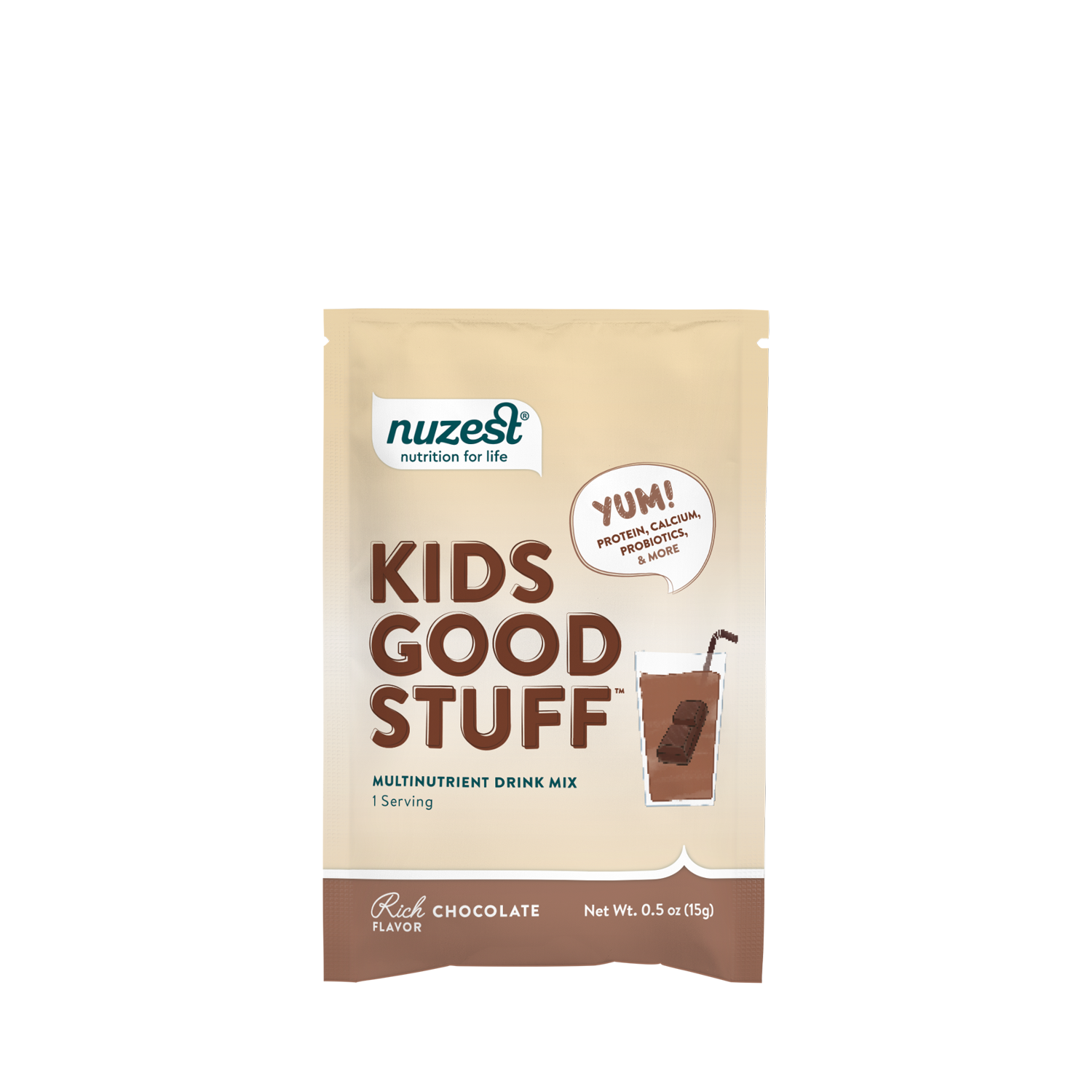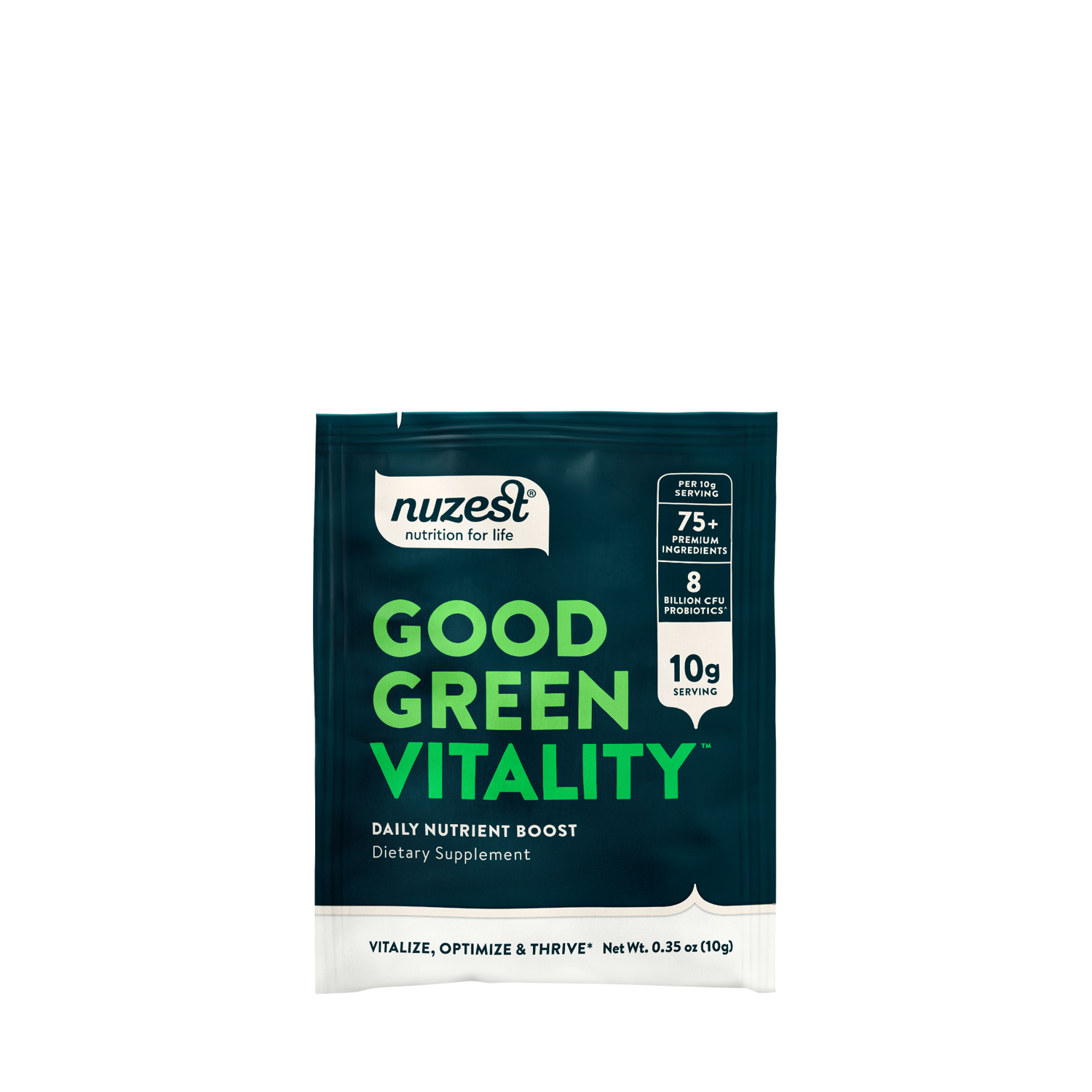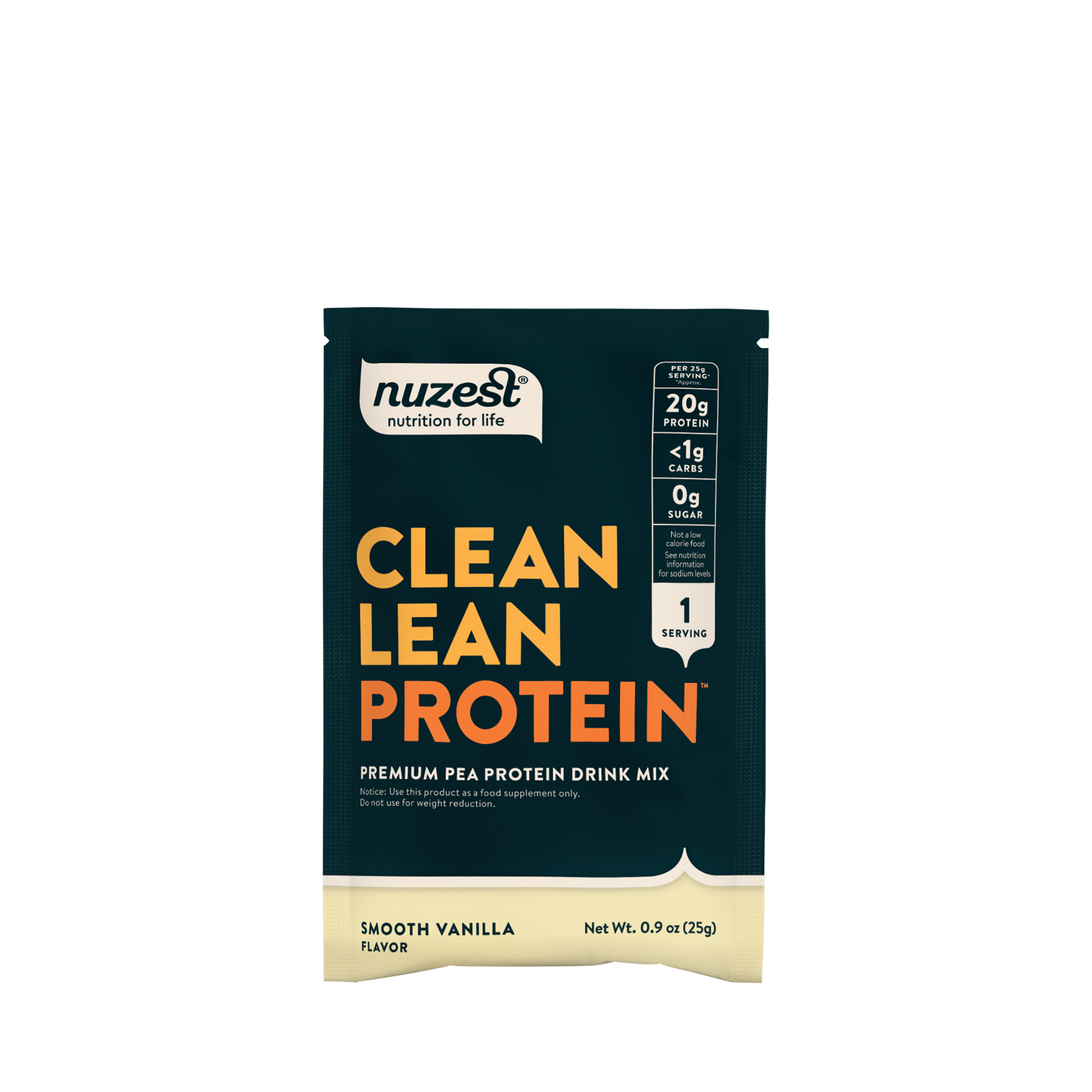According to a recent study in the Journal of the American Heart Association, diets higher in plant-based foods and lower in refined and processed foods showed a lower rate of overall morbidity and decreased the risk of cardiovascular incident and death.1 That information isn't exactly earth shaking, though the percentage of improvements seen based on the strictness of the diet is profound. Physicians and scientists have said for some time that eating too much meat and not enough plant-based protein can lead to poor health, especially heart health and cholesterol.2 Whether you're an avid meat eater or someone embracing a vegan lifestyle, it's important to add plant-based foods to your daily diet. Studies show that even cutting down on meat and increasing the plant-based selection in your daily nutrition can have a great impact. The question is, which type of plant-based protein is right for you? Pea protein vs pumpkin seed protein, which is right for you?
Here we'll discuss two excellent options—pea protein, found in Nuzest's Plant-Based Protein products—and pumpkin seed protein. Both have wonderful benefits when used separately or together to support your overall health. Continue reading below to learn the difference between pea protein and pumpkin seed protein, the benefits of each vegan protein, comparisons of taste, as well as which plant-based protein choice may be best for you and your family.
Table of Contents
- What Is Pumpkin Seed Protein?
- What Is Pea Protein?
- How Do Pumpkin Seed Protein and Pea Protein Compare Nutritionally?
- Is Pea Protein Better Than Pumpkin Seed Protein?
- Is Pumpkin Seed Protein a Complete Protein
- Is Pea Protein a Complete Protein?
- Benefits of Pumpkin Seed Protein
- Benefits of Pea Protein
- How Do Pea Protein and Pumpkin Seed Protein Taste?
- What Do I Choose: Pea Protein vs Pumpkin Seed Protein?
What Is Pumpkin Seed Protein?
Pumpkin seeds can contribute to amazing benefits for a healthy diet. They're high in minerals, such as zinc and iron. They also have high levels of antioxidants, like vitamin E. Research indicates that adding pumpkin seeds to your diet can improve overall health and heart health. It's also been linked to the decrease in certain types of cancer.3 You probably remember eating pumpkin seeds in the dugout if you ever played little league. Pumpkin seed protein provides all the natural benefits of the seeds for a natural addition of plant-based protein in your diet.
What Is Pea Protein?
When you think of peas, you're likely thinking of the small, green peas that you find at the supermarket. Nuzest’s pea protein is harvested from golden peas, which means it doesn't have lectins, which are the key ingredients that causes upset or allergens.4 For those who have a food sensitivity to peas, this product provides all of the nutritional punch without the side effects. If you'd like more information about the pea protein found in Clean Lean Protein, this guide can help.
How Do Pumpkin Seed Protein and Pea Protein Compare Nutritionally?
Both pumpkin seed protein and pea protein support amazing benefits for your diet. Both can be used to deliver protein and nutrients that your body needs without relying on empty calories. Both of these proteins provide minerals and antioxidants, and they are both thought to decrease cardiovascular incidents. Pea protein does contain more of the amino acid, lysine, than pumpkin seed protein. This amino acid is important because it’s missing or lower in many other plant-based proteins and it helps convert fatty acids into energy.5

In a serving of Nuzest’s pea protein, there are 18-21 grams of protein and less than half a gram of fat, and 1 gram of carbohydrates. Depending on the brand, pumpkin seed protein may contain 1-3 gram(s) of fat, 1-5 gram(s) of carbohydrates, and 9-15 grams of protein per serving.
Is Pea Protein Better Than Pumpkin Seed Protein?
If you're interested in adding more plant-based foods into your diet, or follow a vegan diet, pea protein and pumpkin seed protein can deliver the necessary nutrients your body will need to replace meat and other animal-based sources of protein. Both of these types of protein offer amazing benefits on their own. Taken together, they can help you maintain good muscle growth, lower risks of certain cancers, lower your cholesterol, and improve your heart health.6,7
Is Pumpkin Seed Protein a Complete Protein?
Pumpkin seed protein is an excellent protein powder, but it is not a complete protein. In order to be considered a complete protein, it would need to contain higher amounts of amino acids, such as lysine. However, combined with Clean Lean Protein by Nuzest, which does contain lysine, or other whole foods, you can get a complete protein for your diet.
Is Pea Protein a Complete Protein?
Pea protein is a complete protein in that it contains all nine essential amino acids, though it is low in methionine.8 Your body needs amino acids for muscle health. This might sound like pea protein is only useful for body builders and exercise enthusiasts. The truth is that these amino acids are integral for everyone who wants to function well and feel better. Consider the amount of time it takes your body to recover from an injury as you age. The addition of pea protein can help relieve common muscle pains and support healthier movement. Other protein powders are also known to relieve muscle soreness post workout, though they may not offer the full spectrum of amino acids.
Benefits of Pumpkin Seed Protein
Pumpkin seed protein provides many benefits. It's high in minerals, such as zinc and iron. It's loaded with vitamins, such as vitamin B and vitamin K. Pumpkin seed protein has anti-inflammatory properties which are beneficial for anyone who suffers from conditions which cause swelling, such as arthritis or certain immune disorders.9 It's a good protein source that can replace processed or fatty foods.
Benefits of Pea Protein
Pea protein provides additional plant-based protein in your diet. Pea protein also delivers a healthy dose of amino acids for muscle health, and contains minerals and vitamins. 
Pea Protein vs Pumpkin Seed Protein: How Do They Taste?
Pumpkin seed protein usually has a hint of pumpkin taste to it. Many people find this pleasant and it's not a bad or chalky taste. It can also be blended with other liquids in order to diminish the taste, if you're not crazy about pumpkin. Pea protein is usually described as more neutral, which makes it easy to blend into other plant-based milks or water, especially for those who are sensitive to sharp or extreme tastes.
What Do I Choose: Pea Protein vs Pumpkin Seed Protein?
Increasing your plant-based food choices has been shown to improve heart health and lower mortality rates.1 You can add both of pea protein and pumpkin seed protein to your diet or choose just one. They both have excellent nutritional value, though you will need to find an alternative to give your body the amino acids it needs if you choose just to use pumpkin seed protein. Nuzest offers a complete line of products that include pea protein powders and bars. If you're interested in the complete protein choice and want to try pea protein, give Nuzest a try.
References:
- https://www.ahajournals.org/doi/10.1161/JAHA.119.012865
- https://www.jhsph.edu/research/centers-and-institutes/johns-hopkins-center-for-a-livable-future/projects/meatless_monday/resources/meat_consumption.html
- https://www.heart.org/en/news/2018/10/25/pumpkin-seeds-pack-a-healthy-punch
- https://www.medicalnewstoday.com/articles/319593.php
- https://www.jrnjournal.org/article/S1051-2276(17)30151-6/fulltext
- https://www.jrnjournal.org/article/S1051-2276(17)30151-6/pdf
- https://www.medicalnewstoday.com/articles/303864.php
- https://blog.aicr.org/2017/10/30/health-talk-pea-protein-is-everywhere-is-it-healthy/
- https://www.ncbi.nlm.nih.gov/pubmed/7784309
